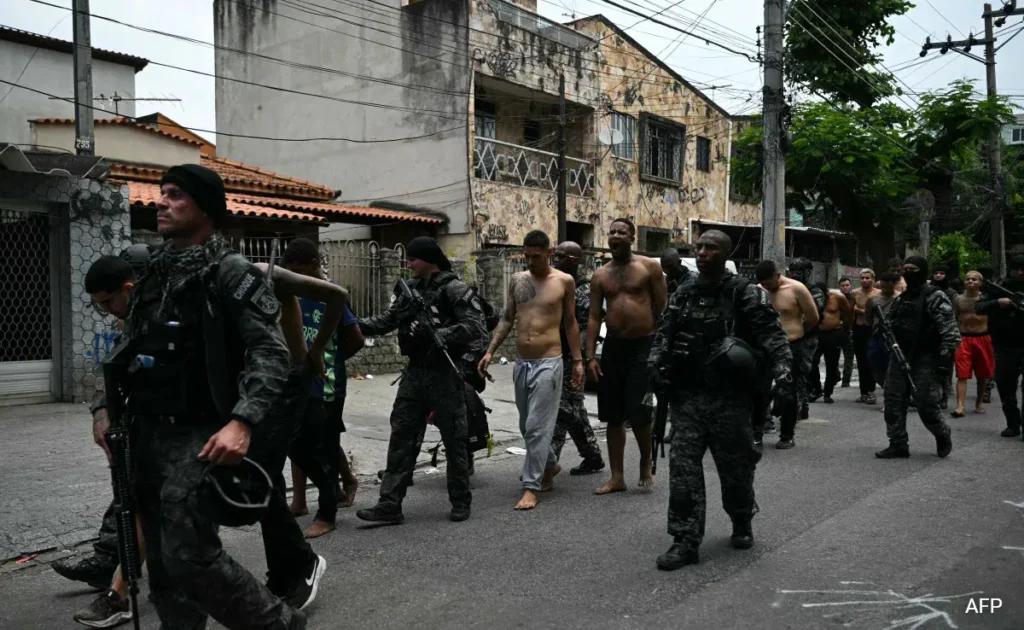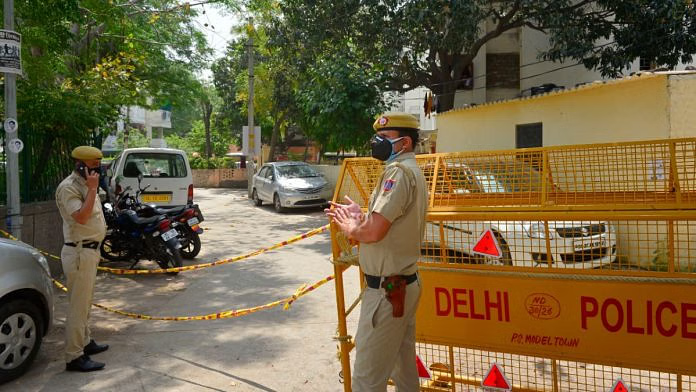Now Reading: Iranian Scientist’s Killing Sparks Global Concern, Draws Parallels to 2020 Fakhrizadeh Assassination
-
01
Iranian Scientist’s Killing Sparks Global Concern, Draws Parallels to 2020 Fakhrizadeh Assassination
Iranian Scientist’s Killing Sparks Global Concern, Draws Parallels to 2020 Fakhrizadeh Assassination

The recent killing of an Iranian scientist, described as a key nuclear figure, has reignited global concerns and drawn chilling comparisons to the 2020 assassination of Mohsen Fakhrizadeh. As the international community watches closely, questions are rising once again about covert operations, regional tensions, and the future of Iran’s nuclear ambitions.
A Sudden Strike in Familiar Pattern
The latest incident took place under suspicious circumstances, mirroring the targeted nature of past high-profile attacks. Just like in the case of Fakhrizadeh—who was killed in a high-tech ambush—this assassination appears calculated, precise, and deeply symbolic.
Officials have not confirmed the full details, but security analysts say the method of execution signals the involvement of sophisticated intelligence networks.
Fakhrizadeh’s Shadow Still Looms
Back in 2020, the death of Mohsen Fakhrizadeh—seen as the architect of Iran’s nuclear programme—shook Iran’s internal and external politics. His killing was blamed on Israeli intelligence, further straining ties in the Middle East.
This latest incident has revived memories of that event, suggesting that Iran’s scientific and defence leadership remains vulnerable to foreign strikes even after heightened security.
Rising Regional Tensions
The assassination comes at a time when tensions between Iran, Israel, and Western powers are once again heating up—fuelled by G7 discussions, US-Iran confrontations, and instability in Gaza and Lebanon. Each incident like this pushes the possibility of diplomatic talks further away and increases the threat of military escalations.
It also impacts India’s strategic position in West Asia, given its energy dependencies and regional ties with both Iran and the West.
Indian Viewpoint and Security Concerns
For India, these developments hold more than just global significance. With growing energy cooperation with Iran and a large diaspora in the Gulf, rising instability in the region poses both economic and human risks.
The echoes of state-sponsored killings and intelligence warfare also ring alarm bells in India’s own defence and intelligence sectors, which are closely monitoring the fallout.
Conclusion:
The killing of another top Iranian figure is more than an isolated incident—it reflects the ongoing shadow war in the region. As parallels with the 2020 Fakhrizadeh assassination grow clearer, it becomes evident that scientific and strategic targets remain at the heart of Middle Eastern geopolitics. For the global community and India alike, the message is loud: the battle over control, knowledge, and power in the region is far from over.

























